PCOD supplements
35 products found
Which supplement should I use for pcod?
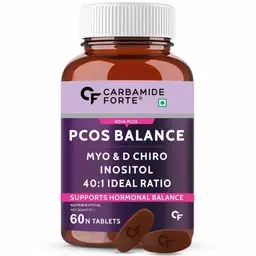
Carbamide Forte - PCOS Supplement - 40:1 Ratio 2000mg Myo-Inositol to 50mg D-Chiro-Inositol

The Good Bug PCOS Balance for Women with 8 Billion CFU and Pre+Probiotic+Nutrients for Reducing PCOS Symptoms and Hormonal Balance
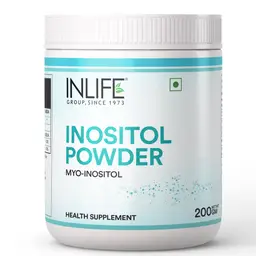
INLIFE - Myo Inositol Powder Supplement 2000mg for PCOS, Helps Manage Irregular Periods, Insulin Resistance, Relaxation, Women & Men, 200g
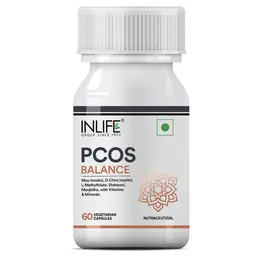
INLIFE - PCOS Supplements for Women, PCOS Balance Capsule Myo Inositol D Chiro Inositol Shatavari Manjistha Vitamins Minerals for Regular Cycle, Hormonal Balance - 60 Vegetarian Capsules
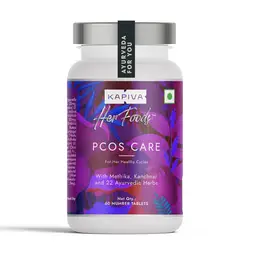
Kapiva PCOS Care Tablets - For Healthy Cycles & PCOS - With Neem, Giloy, Jamun, Ashwagandha, Shilajit & 22 Ayurvedic Herbs
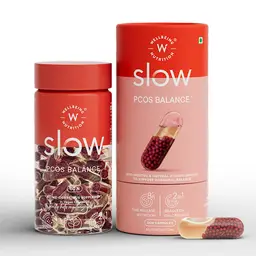
Wellbeing Nutrition Slow PCOS Supplement for Women with Caronositol®, Myo-inositol, Vitamins for Balancing Hormones, Regularize Periods, Reduce Acne & Facial Hair
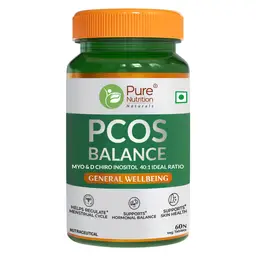
Pure Nutrition PCOS Balance Tablets for Women with 40:1 Ratio of Myo & D Chiro Inositol for Regularise Periods & Assists in Weight Management
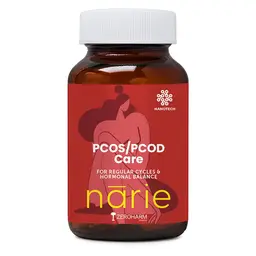
ZEROHARM Narie PCOS/PCOD Care tablets | Hormonal balance, regular periods, weight management, reduced hormonal acne & facial hair | High energy & better mood
Popular brands
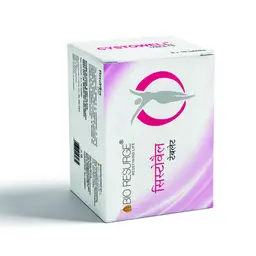
Bio Resurge - Cystowell for management of PCOD and hormonal imbalance - Dughpheni ,Gurmar Patra ,Mulethi - Reduces pcod problem
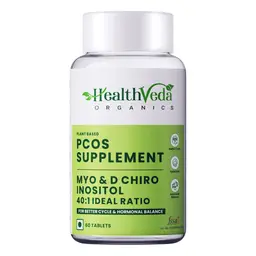
Health Veda Organics - Plant Based PCOS Multivitamin for Balancing Hormonal Levels, Reduces Acne and Facial Hair
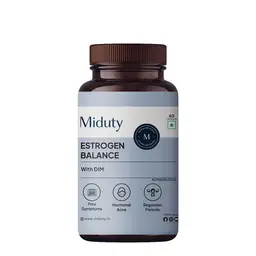
Miduty Estrogen Balance with Diindolylmethane for PMS Symptoms and Regulates Periods
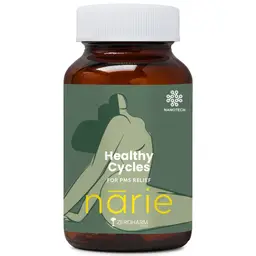
Zeroharm Narie Healthy Cycles Tablets | Hormonal Balance | Relieves Pms Symptoms | Reduces Period Cramps & Bloating | Reduces Mood Swings, Headache And Excess Bleeding
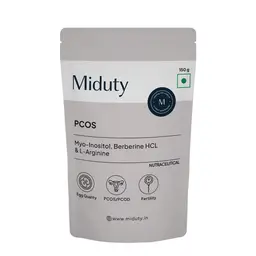
Miduty PCOS with Myo inosito for PCOS/PCOD and Fertility
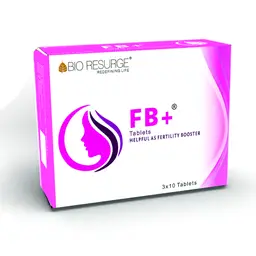
Bio Resurge - FB+ Ayurvedic Fertility Booster to Conceive Faster - Asparagus and Tribulus terrestris - relieves the infertility related symptoms in women
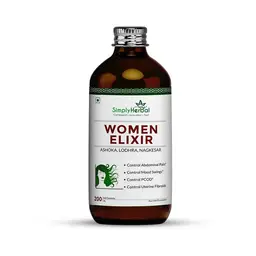
Simply Herbal Super Women Elixir for Women's Menstrual Health for Reflief in PCOD & PCOS, Controls Mood Swing, Abdominal Cramps
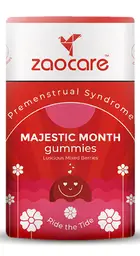
Zaocare - Majestic Month Gummies For Premenstrual Syndrome & Period Pain Relief | No Side Effects
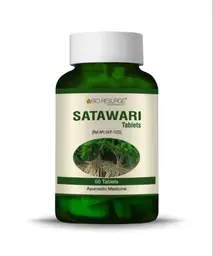
Bio Resurge - Shatavar Tablets - Women's Wellness, Immune And Digestive
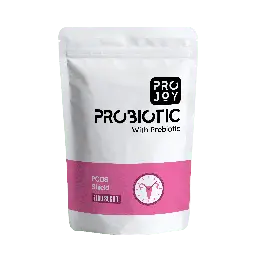
Projoy - PCOS Shield Probiotic with Prebiotics - Lactobacillus plantarum and Lactobacillus rhamnosus - Restore Hormonal Balance, Regulate Cycles, and Manage
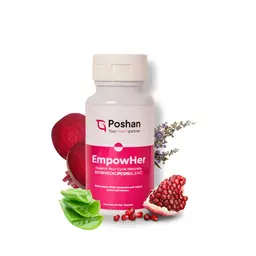
Poshan Health EmpowHer Ayurvedic for Women with Shatawari, Lodhra for Supporting Hormonal Balance, Regular Menstrual Cycle, PMS Relief and PCOS Symptom Reversal

Zaocare Majestic Month (30 Gummies) & Multivitamin (15 Effervescent Tablets)
Common questions for Pcod issues:
What are the causes of PCOS?
Nutrient deficiencies can cause a variety of health problems, including Polycystic Ovary Syndrome (PCOS). A lack of certain vitamins and minerals, an inactive lifestyle, consumption of processed food, and disturbed sleep can contribute to the development of PCOS. There are other reasons as well causing PCOS, one of which could be hereditary since PCOS could be passed on from mothers, another reason can be an overproduction of insulin in the body, affecting ovaries. However, there is no research on why only some women get PCOS even those with a healthy lifestyle.
How does PCOS affect women's health?
Polycystic ovarian syndrome, or PCOS, is a hormonal disorder that affects the reproductive systems of women. It causes several psychological and physical problems, such as weight gain, acne, irregular menstruation periods, and excessive hair growth. PCOS most commonly affects women who are of reproductive age, which is usually between the ages of 15 and 44. One of PCOS's most important side effects is that it can interfere with fertility, which can make it more difficult for some women to conceive naturally.
Additional typical PCOS symptoms include:
Period irregularities: PCOS can interfere with the menstrual cycle, resulting in irregular or nonexistent periods that make it challenging to time ovulation.
Acne and unwanted hair growth: Hormonal imbalances can cause severe acne and undesirable hair growth on the face.
Hormonal imbalance: In addition to other important hormones like insulin and androgens, PCOS impacts reproductive hormones including testosterone and estrogen.
Ovarian cysts: PCOS may result in larger ovaries or several tiny cysts.
Weight increase: Those with PCOS frequently experience weight gain, particularly around the belly.
Hair thinning: PCOS-affected women may develop pattern baldness or even thinning hair.
What are the symptoms of PCOD?
Early signs of Polycystic Ovary Disorder (PCOD) include irregular or nonexistent menstruation, acne, and undesirable facial or body hair development. Weight gain, losing hair on the scalp, and dark spots on the skin are other symptoms. When PCOD reaches more advanced stages, ovarian cysts, high testosterone, depression, anxiety, and sleep apnea can all contribute to infertility. In addition, some women experience pelvic pain or have a higher risk of endometrial cancer.
When two of the following three primary symptoms are present, PCOS is usually diagnosed:
- Menstrual cycle irregularities (absence or irregularity of periods)
- High testosterone levels, which can result in hair loss, unwelcome hair growth, and acne
- Small ovarian cysts that are audible on ultrasound
How do supplements help treat PCOS symptoms?
Taking supplements like Myo-inositol, collagen, apple cider vinegar, and biotin can help manage the symptoms of PCOS. By balancing pH levels, apple cider vinegar may help lower inflammation and increase insulin sensitivity. Hair loss and acne can be treated with biotin, a vitamin that is essential for regulating hormones. Hormonal imbalances associated with PCOS might impact collagen levels, which are necessary for healthy skin, hair, and nails. When paired with a healthy lifestyle and regular exercise, POCS supplements can also help menstruation regularity and lessen the symptoms of PCOS. Additionally, they might lessen bloating and encourage improved digestion. Herbal extracts, such as aloe vera, are included in many PCOS supplements and aid in enhancing skin health by lowering acne and undesired hair development.
Do PCOS supplements help regulate periods?
Certain vitamins and supplements can correct hormone imbalances and bring menstrual regularity. In particular, vitamin D is essential for preserving normal menstrual periods. Low vitamin D levels in PCOS women might cause ovulation to be disrupted and menstrual cycles to prolong. In addition to helping to regulate periods, enhance insulin sensitivity, and balance hormones like progesterone and estrogen, vitamin D helps improve ovarian function.
When to take PCOS supplements?
You can read the label on the PCOS supplements and consult with a healthcare expert to know the better recommendation on best time to take PCOS supplements.
How do PCOS supplements help in weight loss?
Myo-inositol is frequently advised for controlling weight gain associated with PCOS. Myo-inositol is not a weight-reduction supplement, but it does help control blood sugar and insulin levels, which may indirectly aid in weight loss. Myo-inositol can help regulate hormones, which can make it simpler for people with PCOS to control their weight when paired with a healthy diet and regular exercise. Insulin resistance makes it more difficult for people with PCOS to lose weight.
What are the best PCOS supplements?
Some of the best PCOS supplements are:
Carbamide Forte - PCOS Supplement
Carbamide Forte - PCOS Gummies
How does Myo inositol help in the treatment of PCOS?
Myo-inositol is well known for its capacity to lower male hormone levels and lessen insulin resistance in PCOS-affected women. This product has the potential to promote ovulation and increase fertility, menstrual cycle regulation, and hormonal balance.
Myo-inositol supplements, however, have to be viewed as a component of a more comprehensive PCOS treatment regimen that also includes dietary adjustments and, if required, medical intervention.
What are the side effects of PCOS supplements?
There are generally no side effects reported of using PCOS supplements, however, if you notice any unusual symptoms, please consult with a healthcare expert instantly.












